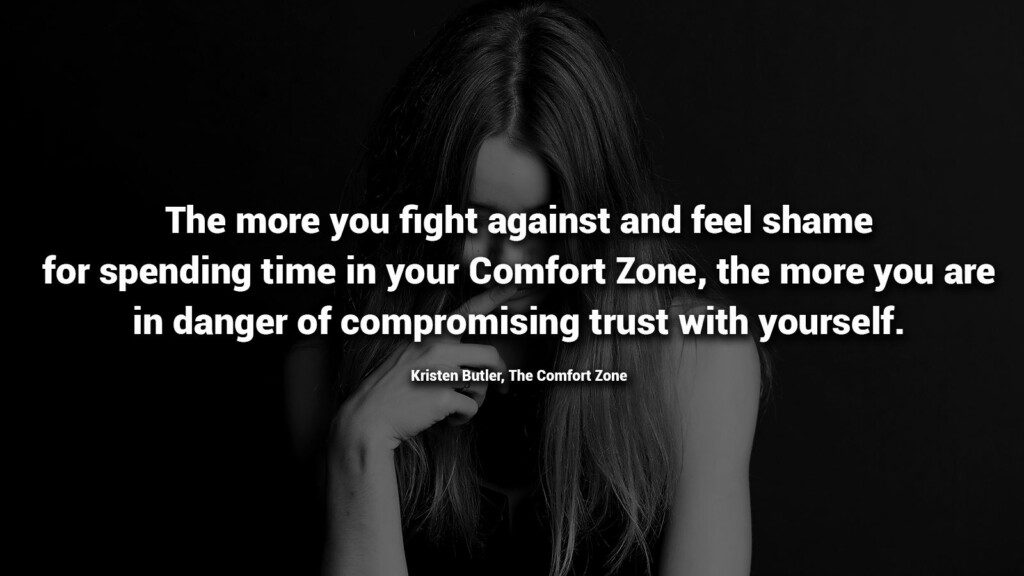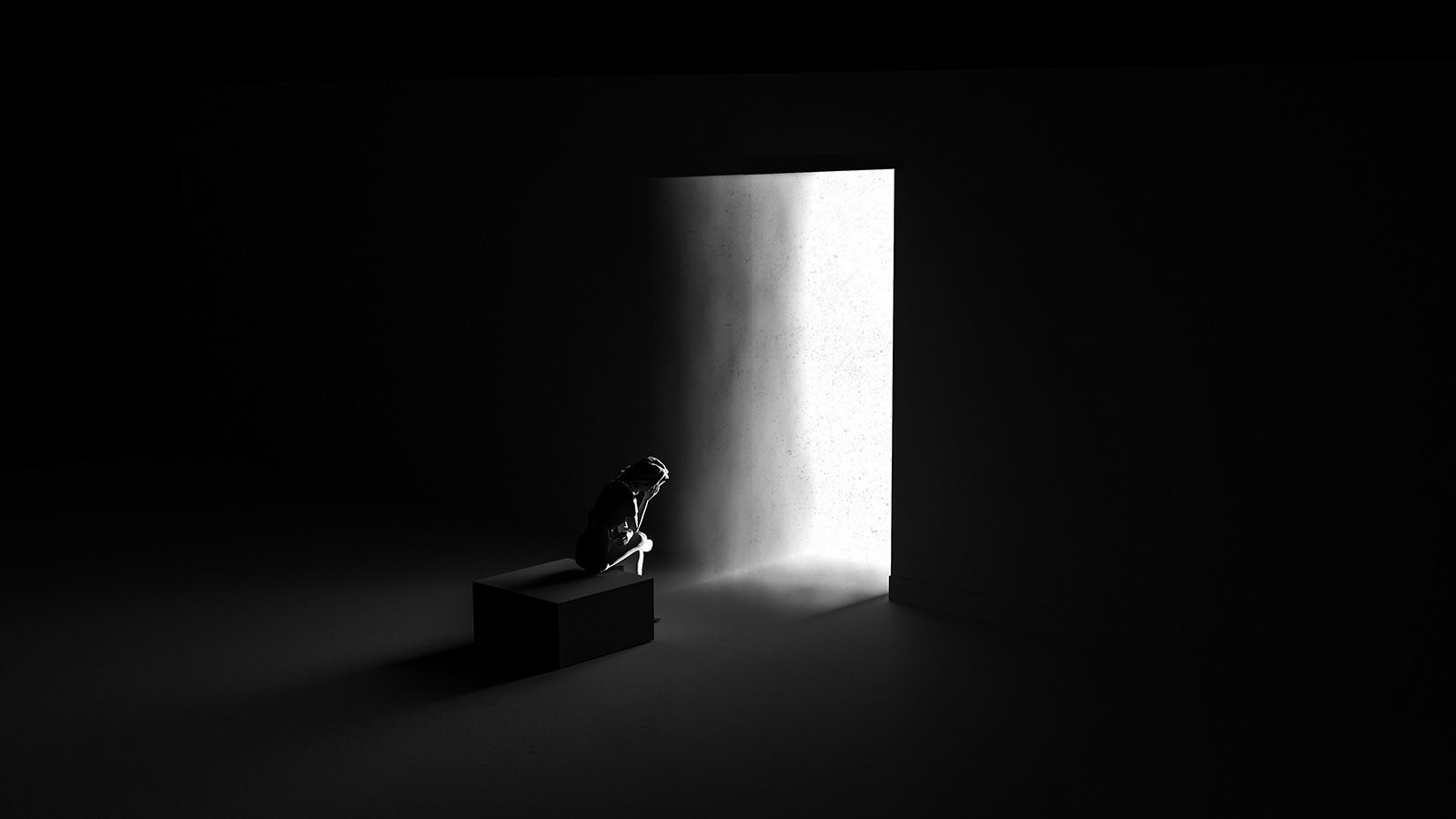In the journey of understanding human behavior, it’s essential to recognize the profound impact our upbringing has on our adult lives. One of the most influential aspects of our childhood is our relationship with our parents. Growing up with highly critical parents can leave lasting imprints on an individual’s psyche.
This article will explore and draw on scientific studies to reveal the twenty behavioral indicators that someone might have had highly critical parents.
Why Is it Important to Understand the Behaviors That Result From Highly Critical Parents?
Understanding behaviors stemming from critical parenting is crucial for several reasons:
1. Self-awareness and Personal Growth
Recognizing the origins of certain behaviors can lead to increased self-awareness. This understanding can be the first step in breaking negative patterns and fostering personal growth. By identifying the root causes of behaviors, individuals can work towards changing them and developing healthier coping mechanisms.
2. Improved Relationships
Understanding the impact of critical parenting can help individuals navigate their relationships more effectively. Recognizing triggers and patterns can improve communication and reduce misunderstandings. It can also lead to healthier interactions with partners, friends, and colleagues.
3. Mental Health and Well-being
Behaviors rooted in critical parenting can contribute to mental health challenges. These often include anxiety, depression, and low self-esteem. By understanding these behaviors, individuals can seek appropriate therapeutic interventions, leading to improved mental well-being.
4. Empathy and Compassion
For those who didn’t experience critical parenting, understanding its effects can foster empathy and compassion towards those who did. This understanding can lead to more supportive and nurturing relationships.
5. Parenting Insights to Avoid Becoming Highly Critical Parents Themselves
For individuals who are parents or plan to become parents, recognizing the long-term effects of critical parenting can provide insights into their parenting approach. This awareness can guide them towards more positive and constructive parenting techniques, ensuring a healthier emotional environment for their children.
6. Professional Development
In professional settings, understanding the behaviors stemming from critical parenting can lead to better interpersonal dynamics. It can guide managers and colleagues in providing constructive feedback and support, fostering a positive work environment.
7. Holistic Healing
Understanding the source of certain behaviors and emotions allows for a more holistic approach to healing. It’s about addressing the symptoms and understanding and healing the root cause. That can lead to more profound and lasting positive changes.
20 Behaviors of Someone Who Had Highly Critical Parents Growing Up
1. Constant Self-Doubt Comes from Critical Parents
People raised by critical parents often find themselves trapped in a cycle of self-questioning. That isn’t merely about doubting decisions but extends to doubting their worth, abilities, and feelings. Years of hearing criticism can make people believe that their perspective is often wrong or unimportant.
It can lead to a reluctance to trust their judgment, even when they are competent or knowledgeable. Over time, this pervasive self-doubt can hinder personal growth, as individuals might shy away from opportunities or challenges, fearing they aren’t up to the task.
2. Perfectionism
Perfectionism isn’t just about striving for excellence but is often rooted in a deep-seated fear of making mistakes. Mistakes might have earned glares of disapproval or disappointment from those with highly critical parents rather than understanding or guidance.
As a result, they may have internalized the idea that they are only as good as their achievements and that anything less than perfect is a failure. This expectation can lead to burnout, as they push themselves relentlessly, and can also result in avoidance behavior, where they might avoid tasks they’re not confident they can excel in.
3. Difficulty Accepting Compliments
Compliments can feel foreign or insincere for someone constantly exposed to criticism during their formative years. They might question the motives behind the praise or downplay their achievements. This habit isn’t merely modesty but a deep-rooted belief that they don’t deserve praise. Over time, this can erode their self-esteem, as they might focus only on their perceived flaws and overlook their strengths and accomplishments.
4. Over-sensitivity to Criticism May Come From Critical Parents
While constructive feedback is a part of growth, those with critical parents might have a heightened sensitivity to it. What might be helpful advice they may perceive as a scathing critique.
That isn’t just about being defensive. Instead, it stems from a history where criticism might have been frequent, harsh, or both. This heightened sensitivity can affect personal and professional relationships. That’s because they might become wary of feedback or overly apologetic, even when it’s not warranted.
5. High Levels of Anxiety
Living in an environment where one’s actions, words, or thoughts receive constant criticism can be incredibly stressful.
Over time, this stress can manifest as chronic anxiety. The individual might constantly anticipate criticism, leading to unease in various situations – from social gatherings to professional meetings.
This anxiety isn’t just about fearing criticism. It is also about a deeply ingrained belief that they are perpetually on the verge of making a mistake or disappointing others.
6. Fear of Failure May be a Result of Critical Parents
The fear of making mistakes and facing criticism can be paralyzing for some adults whose parents were highly critical during their childhoods.
This fear isn’t just about the act of failing but the anticipated criticism and disappointment that might follow. Such individuals might have grown up in an environment where mistakes were character flaws, not learning opportunities.
That can lead to risk-averse behavior, where they might avoid new experiences, challenges, or opportunities to avoid potential failure and subsequent criticism.
7. Difficulty Expressing Emotions
Growing up with critical parents can condition individuals to suppress their emotions, especially if expressing feelings is met with disdain, dismissal, or further criticism.
Over time, they might find it challenging to articulate their emotions, even positive ones, for fear of being judged or misunderstood. This emotional suppression can lead to internal turmoil. It can also strain personal relationships, as they might struggle to communicate their needs, fears, or desires effectively.
8. Overcompensating in Relationships
Having faced highly critical parents in their formative years, some individuals might feel an inherent need to “make up” for perceived shortcomings in their relationships.
These can manifest as constantly trying to please their partner, friends, or colleagues, often at the expense of their own needs or well-being. While it might stem from a well-intentioned place, this behavior can lead to burnout and feelings of resentment over time.
9. Low Self-esteem Often Stems from Highly Critical Parents
Consistent criticism during childhood can have a lasting impact on an individual’s self-perception. They might internalize the criticism, leading to beliefs that they are not good enough, competent, or worthy.
This eroded self-worth can affect various aspects of their life, from personal relationships to professional endeavors. That’s because they may constantly seek validation or shy away from opportunities they believe they don’t deserve.
10. Avoidance Behavior
To shield themselves from potential criticism, some individuals might adopt avoidance behaviors. That can range from avoiding challenging tasks to avoiding social situations where they feel vulnerable to judgment. At first, this might offer temporary relief. However, it can lead to missed opportunities and feelings of isolation in the long run.
11. Over-apologizing
For those who grew up with highly critical parents, apologizing can become a reflexive behavior. They might find themselves apologizing for things beyond their control or simply expressing their feelings or opinions.
This constant need to apologize stems from a desire to avoid conflict or potential criticism, even when they are not at fault.
12. Difficulty Making Decisions
Decision-making can become a daunting task for those who fear criticism. They might agonize over choices, big or small. It occurs when they fear the repercussions of making the “wrong” decision.
That can lead to procrastination, reliance on others to make choices for them, or even feelings of paralysis in situations that demand prompt decisions.
13. Seeking External Validation
Growing up with highly critical parents can lead to a deep-seated belief that one’s worth comes from external opinions rather than internal beliefs.
That can manifest as a constant search for approval. These may come through accolades, compliments, or even social media likes. While seeking affirmation is natural, an over-reliance on external validation can lead to a fragile sense of self-worth. It also makes one easily swayed by the opinions of others.
14. Fear of Conflict May Come From Critical Parents
For those who have faced regular criticism, confrontations can be anxiety-inducing. They might go to great lengths to avoid disagreements, even suppressing their feelings or opinions.
While this might maintain temporary peace, it can lead to unresolved issues and internal resentment. Over time, this avoidance can strain personal and professional relationships.
15. Hyper-awareness of Others’ Feelings
Being overly attuned to others’ emotions can result from trying to avoid criticism preemptively.
That isn’t just empathy but a defense mechanism. It stems from gauging others’ feelings to adjust their behavior and avoid preemptive criticism. While being attuned to others can be a strength, it can also be exhausting and lead to neglecting one’s emotional needs.
16. Reluctance to Pursue Dreams
The shadow of criticism can loom large over aspirations and dreams. Fear of not living up to expectations or facing criticism for failures can deter individuals from pursuing what they are genuinely passionate about. This reluctance can lead to a life of playing it safe. Thus, children of highly critical parents may miss out on fulfilling experiences and opportunities.
17. Difficulty Trusting Others
A history of constant criticism can sow seeds of doubt, making it challenging to trust others. They might question the motives behind kind gestures or be wary of forming close bonds.
Additionally, they may fear eventual criticism or betrayal. This guarded approach can hinder the formation of deep, meaningful relationships.
18. Overthinking and Rumination
Past criticisms can often play on a loop in the minds of those who’ve faced them. They might overanalyze past interactions, looking for signs of disapproval or pondering what they could’ve done differently. This constant rumination can be mentally exhausting. Further, overthinking every situation may prevent one from living in the present.
19. Feeling Like an Impostor
Impostor syndrome is characterized by doubting one’s accomplishments and fearing exposure as a “fraud.” For those with highly critical parents, even genuine achievements might be downplayed, attributing them to luck rather than competence. This constant self-doubt can hinder professional growth and personal satisfaction.
20. Need for Control May Stem from Critical Parents
Facing unpredictable criticism can lead to a desire for predictability and control in other aspects of life. By controlling situations, they aim to minimize the chances of facing criticism or unexpected challenges. While this might offer a sense of security, it can also lead to rigid thoughts and resistance to change.
Final Thoughts on Recognizing Someone May Have Had Highly Critical Parents
Navigating the complexities of our past and understanding the shadows they cast on our present can be challenging. For those who grew up with critical parents, the echoes of past criticisms might still reverberate in their daily lives, influencing their decisions, relationships, and self-perception. It’s essential to remember that these behaviors and feelings are not indicative of one’s worth or capabilities but are remnants of past experiences.
Recognizing these patterns is a testament to one’s resilience and self-awareness. It’s the first step towards healing, growth, and building a life defined by one’s terms and not by past criticisms. Everyone deserves to feel valued, competent, and worthy. Seeking support through therapy, counseling, or supportive communities can be immensely beneficial in this journey of self-discovery and healing.
To anyone reading this and seeing reflections of their own experiences, know that you are not alone. Your feelings are valid, and your journey is uniquely yours, with its challenges and triumphs. Embrace it, learn from it, and know that every day offers a chance for growth, understanding, and love.




















